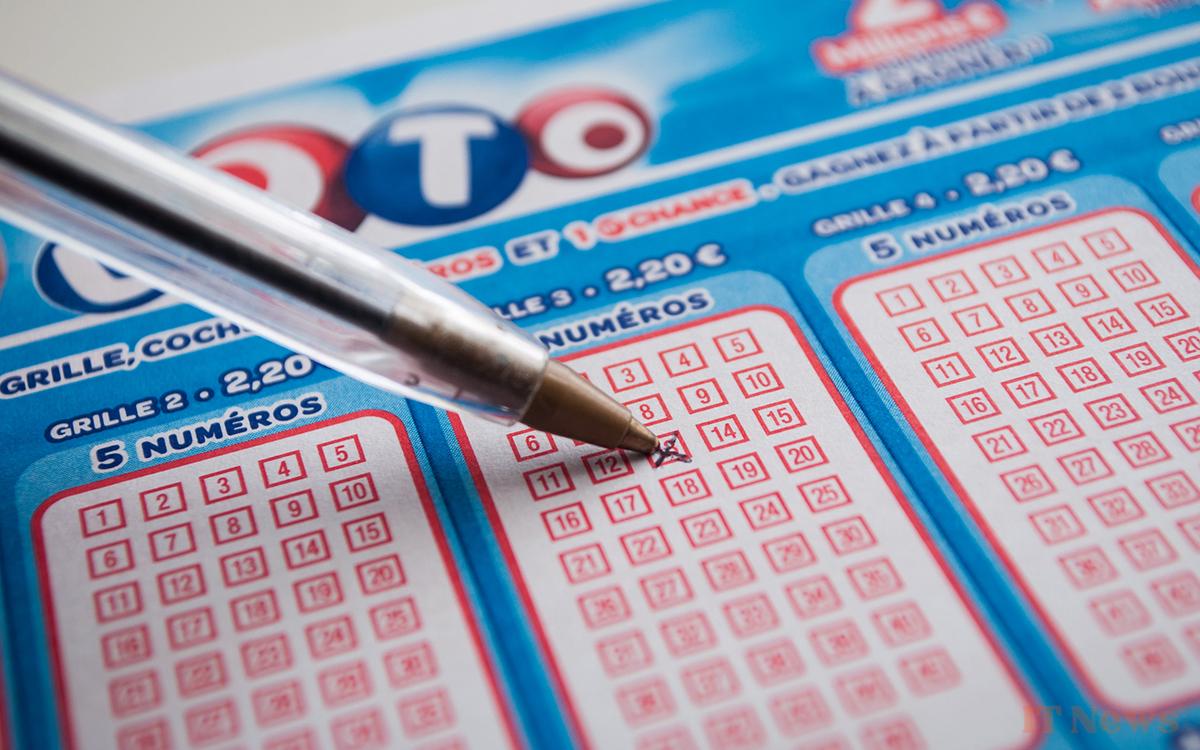Students have developed an algorithm using artificial intelligence to help them win the lottery. The result is in: they pocketed 43,000 euros in a single draw.
If you happen to play lottery, or another similar draw game, how do you choose the numbers to tick? Everyone has their own trick or ritual. Some will play the birth years of their loved ones, others will change each time, and a few will try to tame chance in one way or another. Among the big winners, there are always some who later explain having used statistical formulas, obviously kept secret, to increase their chances of winning.
This is in some ways what Italian students at the University of Lecce, in the south of the country, are doing. All enrolled in the establishment's mathematics department, they used artificial intelligence to develop an algorithm responsible for to analyze the numbers drawn over the past two years. The goal was to discard those that didn't come up often and focus on the most frequent ones. Their efforts paid off, literally.
Helped by an algorithm developed with AI, students win more than 43,000 euros in the lottery
A first try at the numbers given by the program allowed them to pocket 4,500 euros. The students then invested 300 euros to refine the algorithm before trying their luck again. They did well since they walked away with 43,000 euros. Approximately 143 times the amount reinjected. The team is, however, aware of the limits of its experiment, the lottery remaining a game of chance in the strict sense where each number has as much chance of coming out as any other since each draw is independent.
Read also – Gemini will soon be able to analyze your videos, with infinite possibilities
It is still interesting to see that AI can be used to try to find logic in a set of data as random as the numbers in a lottery game. You might have guessed it, but let's be clear: the algorithm created is not available to everyone. But nothing is stopping you from consulting the French Games Federation website, which lists the most popular numbers since July 2019. It's already a good starting point.
Source: Corriere del Mezzogiorno




0 Comments